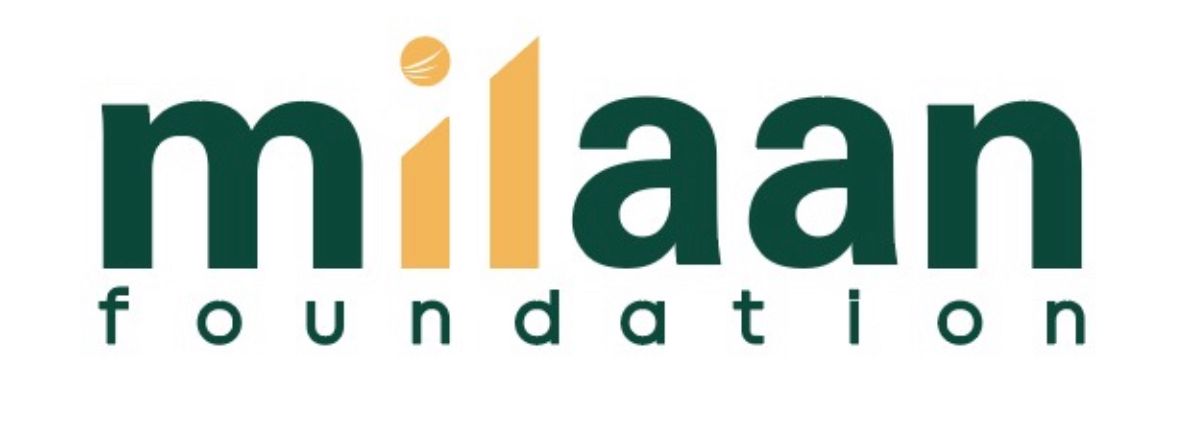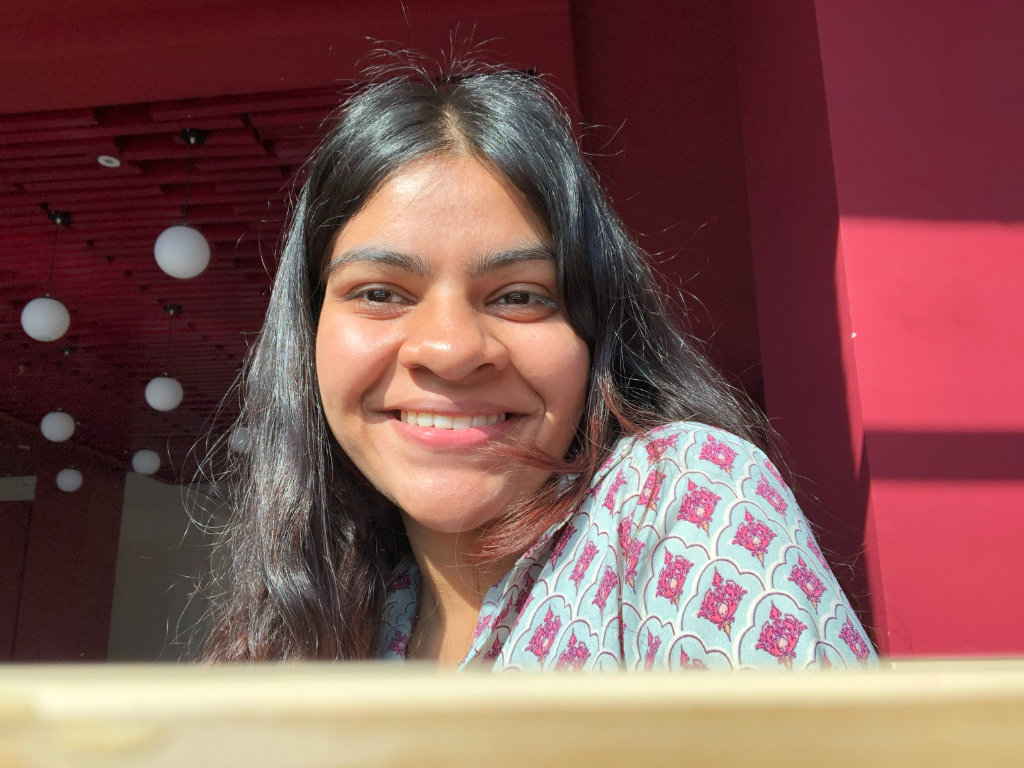I recently finished my first day as an intern at the Milaan Foundation. The organisation’s Lucknow office is tucked away in a little corner of Gomtinagar, in an unassuming building. As I walked inside, the change in atmosphere struck me immediately. The walls of the office were covered with drawings, quotes, and decor made by young children, giving it a familial feel.
The Milaan Foundation targets a specific niche of girls, they work with adolescent, teenage girls and teach them leadership skills, and expose them to a previously uncharted world of opportunities.
But what I witnessed firsthand resonated deeply with me. India has a plethora of NGO’s and organisations working for the welfare of minorities and marginalized communities, which target a multitude of social causes. Milaan however targets a very specific set of individuals, which makes it a little different from other NGOs which might have broader aims.
Speaking of NGOs, I believe it becomes crucial for me to also share my experience with the same. As someone who comes from a fair amount of privilege, I have had the opportunity to interact with other individuals who come from a very similar, specific privileged background. While painful to realise, NGOs today are often co-opted by the wealthy as a way of doing charity work which looks attractive on a resume. It also evokes praise from the society and their peer groups, almost as if privileged individuals offset their privilege by working with NGOs. I graduated from a highly esteemed school, and then went on to pursue a bachelor’s degree from a private liberal arts college, but very rarely did I see individuals work towards a cause solely because of their passion.
On my first day at the Milaan Foundation, I was unsure of what to expect. I was nervous, but also excited at the prospect of interning with the organization. As I spent my day at the office, I had the opportunity to meet the other members of the team. Everyone at Milaan had a keen, determined look in their eyes, and the teams talked with such care about their work. By no means is working in the social sector easy or simple. Despite this, the teams at Milaan very evidently are immensely passionate about their work, and strive to do their best despite any and all challenges they face.
It was while meeting the different teams that I had the opportunity to interact with the Girl Icon team. The Girl Icon Program is the flagship program of the foundation, and as I learned more about the same, I realised that everyone on the team ardently believed in the cause they worked towards. They spoke of the girls they worked with warmly and gently, with smiles on their faces, and sat with me for a long time. My conversation with the Girl Icon team was heartwarming. Every single one of the members eagerly talked to me and helped me understand the structure of the team – from the State offices to the sprawling network of Program Assistants on the ground – and how they carried out their tasks over a cup of very sweet tea.
The Girl Icon program works across three different states, and is carried out on a fairly large scale. The impact of the program has been tremendous, with there even being a dedicated alumni network to keep in contact with former Girl Icons. What stood out to me most, however, was the way the team discussed the impact of the program on real-life people. While the program primarily targets teenage girls, it also impacts their families and communities, with progressive thoughts and ideas often trickling down to the parents and grandparents of these girls.
The team was extremely honest in their conversation with me, they discussed how the program is implemented with three major steps and mentioned the issues they faced. Bringing about change is never simple, however, bringing about change in rural India comes with a very specific set of limitations that go beyond just the gender divide. Caste, gender, religion, and socio-economic status are usually extremely pronounced in rural areas and to cut through these differences and make a tangible difference is a Herculean feat. The conversation also prompted me to wonder about my own notion of what the terms “progressive” and “feminism” mean . It made me question whether my own ideals were in touch with the reality a lot of women face, and how I had taken gender-based equality as a given.
My day at the Milaan Foundation went on, I met more people, and was offered more refreshing drinks which were welcome on a hot summer day. I went to Milaan with no certain expectations, and returned home brimming with eagerness to work with them. Every single person at the office was fiercely devoted to the cause, and were working tirelessly towards it. It made me sit back and introspect, and wonder if I have ever supported a cause so passionately, If I had ever realistically tried to make a change. I hope by the end of my time with the team, I am able to imbibe some of the enthusiasm and genuine care the people of Milaan embody.
Author: Manya Shiel
Manya Shiel graduated from Ashoka University with a degree in Political Science and International Relations along with another specialised research degree in History.
She’s currently interning with the Milaan Foundation.
In her free time, Manya can be found baking, cooking, and traveling to different parts of the city.




